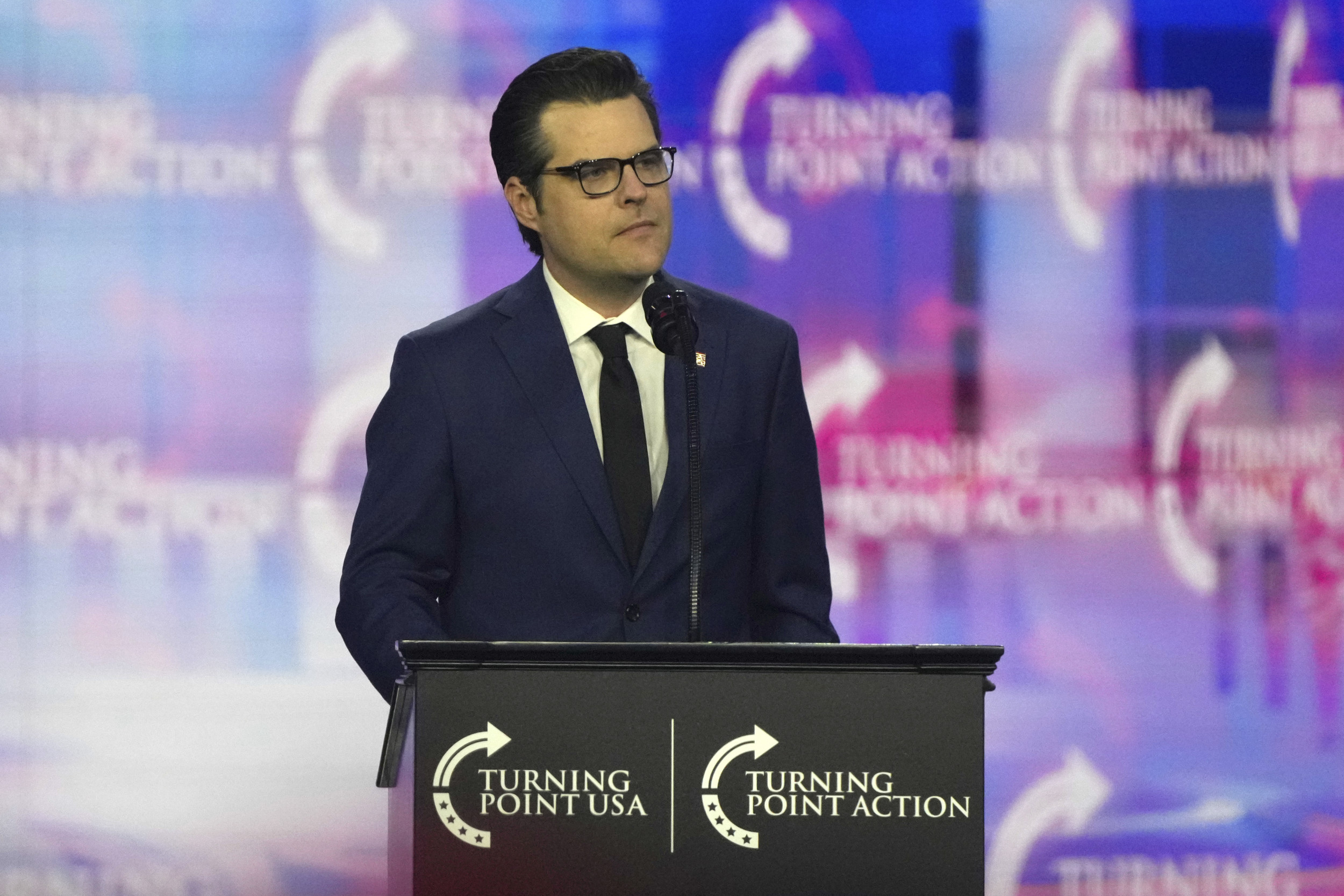What's New
Texas has announced a lawsuit this week against the National Collegiate Athletic Association (NCAA) seeking to prohibit transgender athletes from competing in women's sports.
Texas Attorney General Ken Paxton argues that allowing such participation misleads and deceives fans.
Why It Matters
Filed in a state district court in Lubbock, the lawsuit announced Sunday alleges that the NCAA's policies permitting transgender athletes in women's sports violate the Texas Deceptive Trade Practices Act. The law is intended to protect consumers from false advertising or deceptive practices, which the suit claims applies to the promotion of women's sports that may include transgender participants.
The Texas lawsuit marks the latest effort by conservative lawmakers to challenge the participation of transgender athletes and pressure the NCAA to implement a ban. President-elect Donald Trump has expressed support for such measures, stating his intent to bar transgender athletes from competing.

The lawsuit calls for an injunction to bar the NCAA from permitting transgender athletes to compete in women's sports within Texas or in events involving Texas programs. Alternatively, it asks the court to mandate that the NCAA cease labeling such events as "women's" sports if transgender athletes are allowed to participate.
What To Know
Paxton, in a statement, appeared to allude to the recent controversy surrounding San Jose State women's volleyball. This season, several teams forfeited matches against the Spartans, citing the presence of a transgender player on the roster.
Last month, a federal court declined to bar the school from participating in the Mountain West Conference championship. The Associated Press has chosen not to name the player, as she has not publicly addressed her gender identity and declined an interview request through school representatives.
The NCAA does not collect specific data on transgender athletes among its 544,000 competitors across 19,000 teams nationwide. Earlier this month, NCAA President Charlie Baker testified before Congress, stating that he was aware of fewer than 10 active NCAA athletes identifying as transgender.
Since 2010, the NCAA has required transgender athletes assigned male at birth to undergo at least one year of testosterone suppression therapy before becoming eligible to compete on women's teams. Transgender athletes assigned female at birth who transitioned to male are permitted to compete on men's teams. However, those who undergo testosterone treatment are barred from competing on women's teams.
Athletes must adhere to their sport's specific requirements for documented testosterone levels with compliance monitored at various points throughout the season.
In 2022, the NCAA updated its policy to align with national sports governing bodies. Under the revised framework, if a sport's governing body lacks a transgender athlete policy, the rules default to those set by the sport's international federation. In the absence of an international policy, previously established Olympic criteria are applied.
What People Are Saying
"When people watch a women's volleyball game, for example, they expect to see women playing against other women, not biological males pretending to be something they are not," Paxton said in a statement. "Radical 'gender theory' has no place in college sports."
Paxton accused the NCAA of "intentionally and knowingly jeopardizing the safety and wellbeing of women" by effectively transforming women's sports into "co-ed competitions."
In a statement on Monday, the NCAA said: "College sports are the premier stage for women's sports in America, and while the NCAA does not comment on pending litigation, the Association and its members will continue to promote Title IX, make unprecedented investments in women's sports and ensure fair competition in all NCAA championships."
Brooke Slusser, co-captain of the San Jose State volleyball team and one of the players who sued the Mountain West Conference over her teammate's participation, expressed support for the Texas lawsuit.
"Hey NCAA, just in case you haven't realized yet this fight will just keep getting harder for you until you make a change!," Slusser wrote in a post on social media.
What's Next
It's currently unclear how the NCAA will respond to the lawsuit specifically.
This article includes reporting from The Associated Press.




















 English (US) ·
English (US) ·